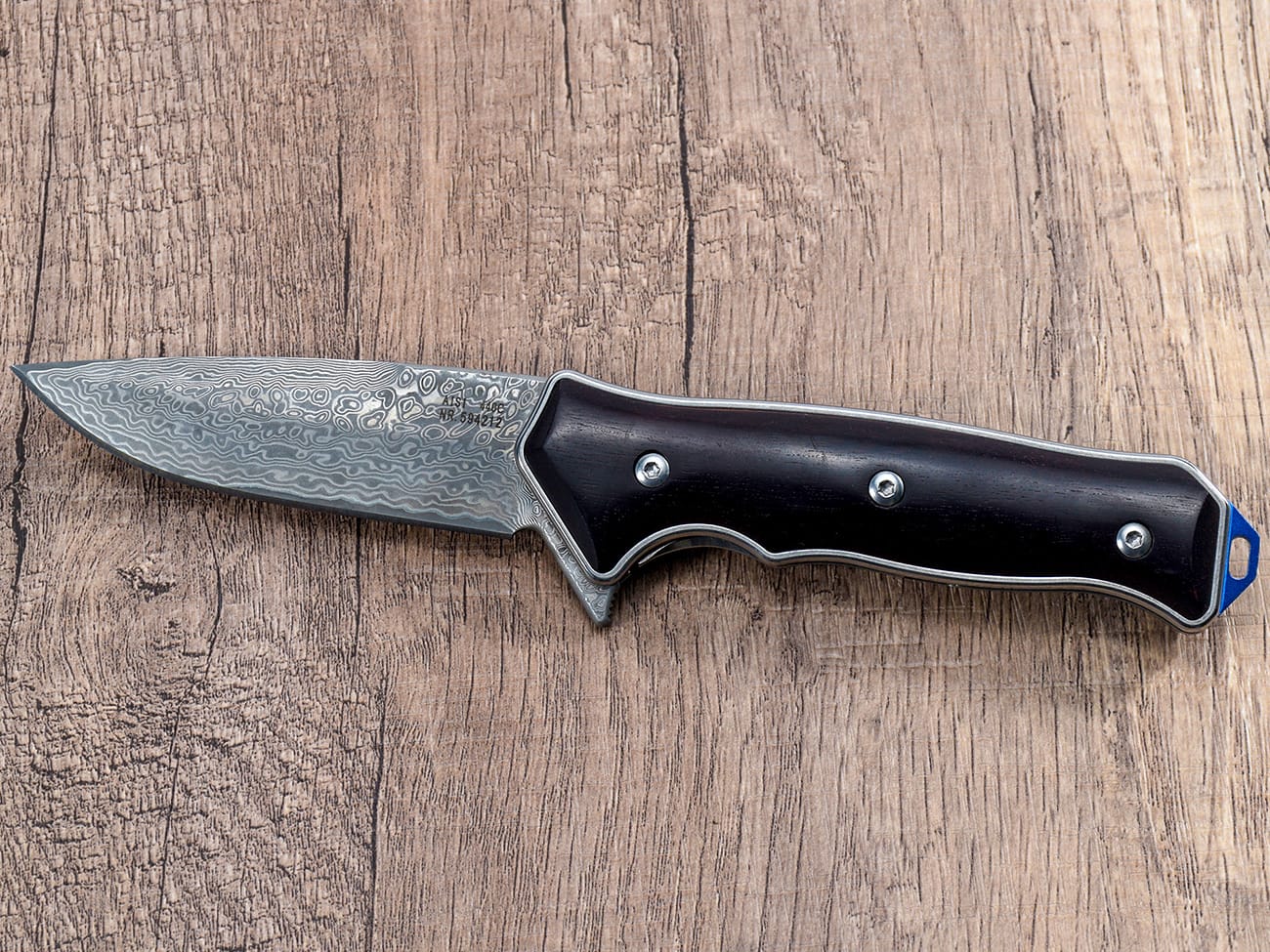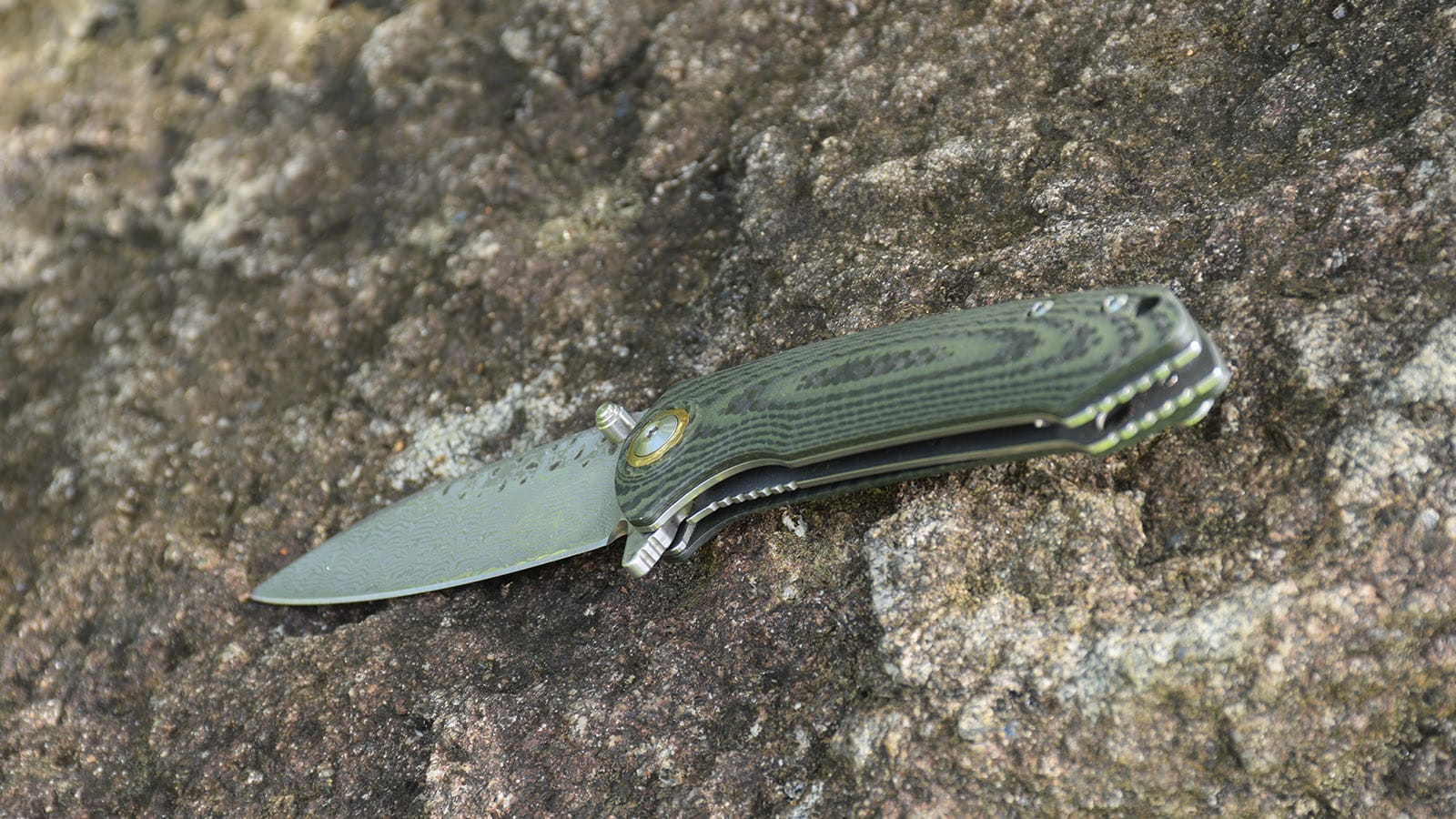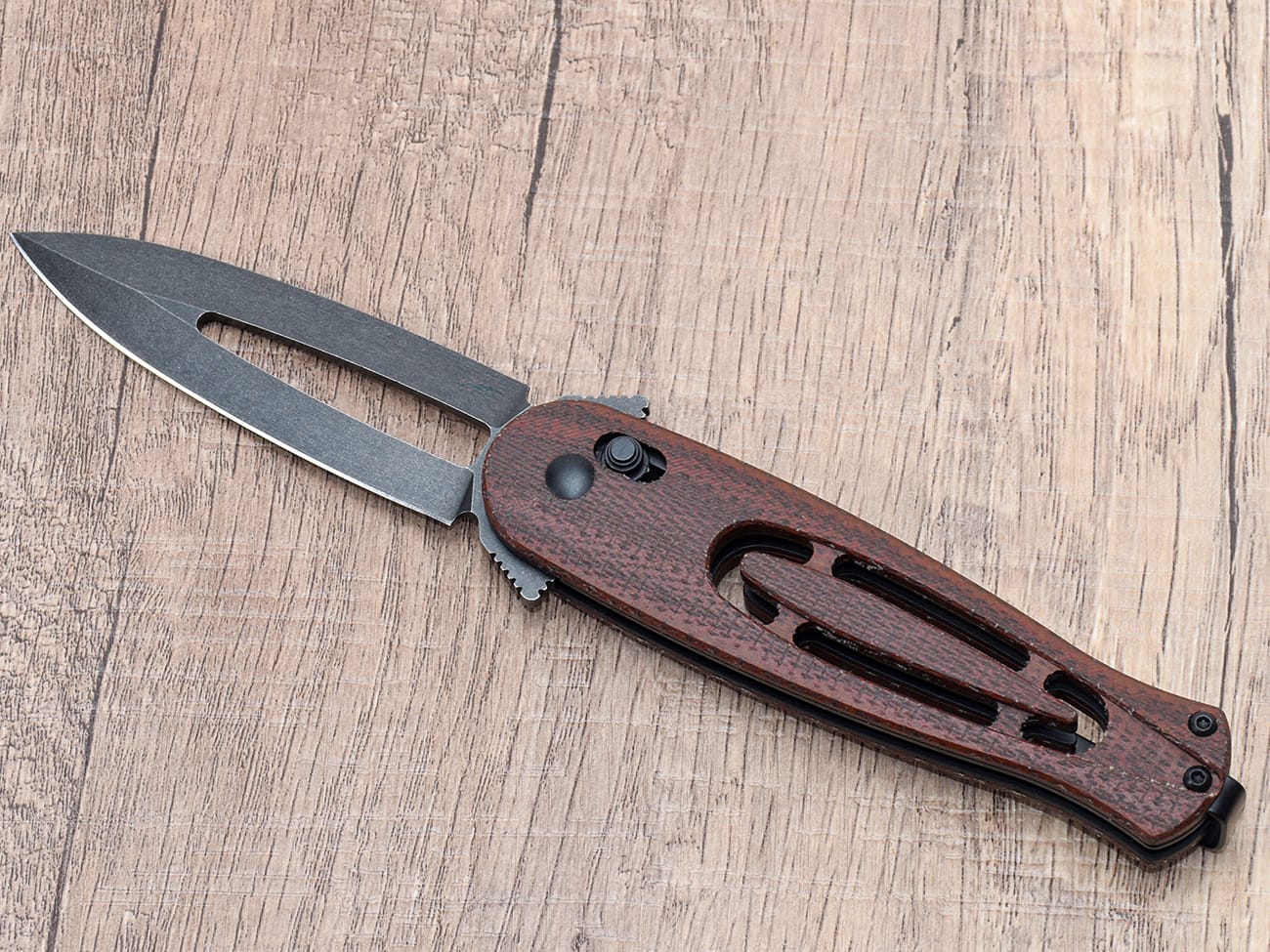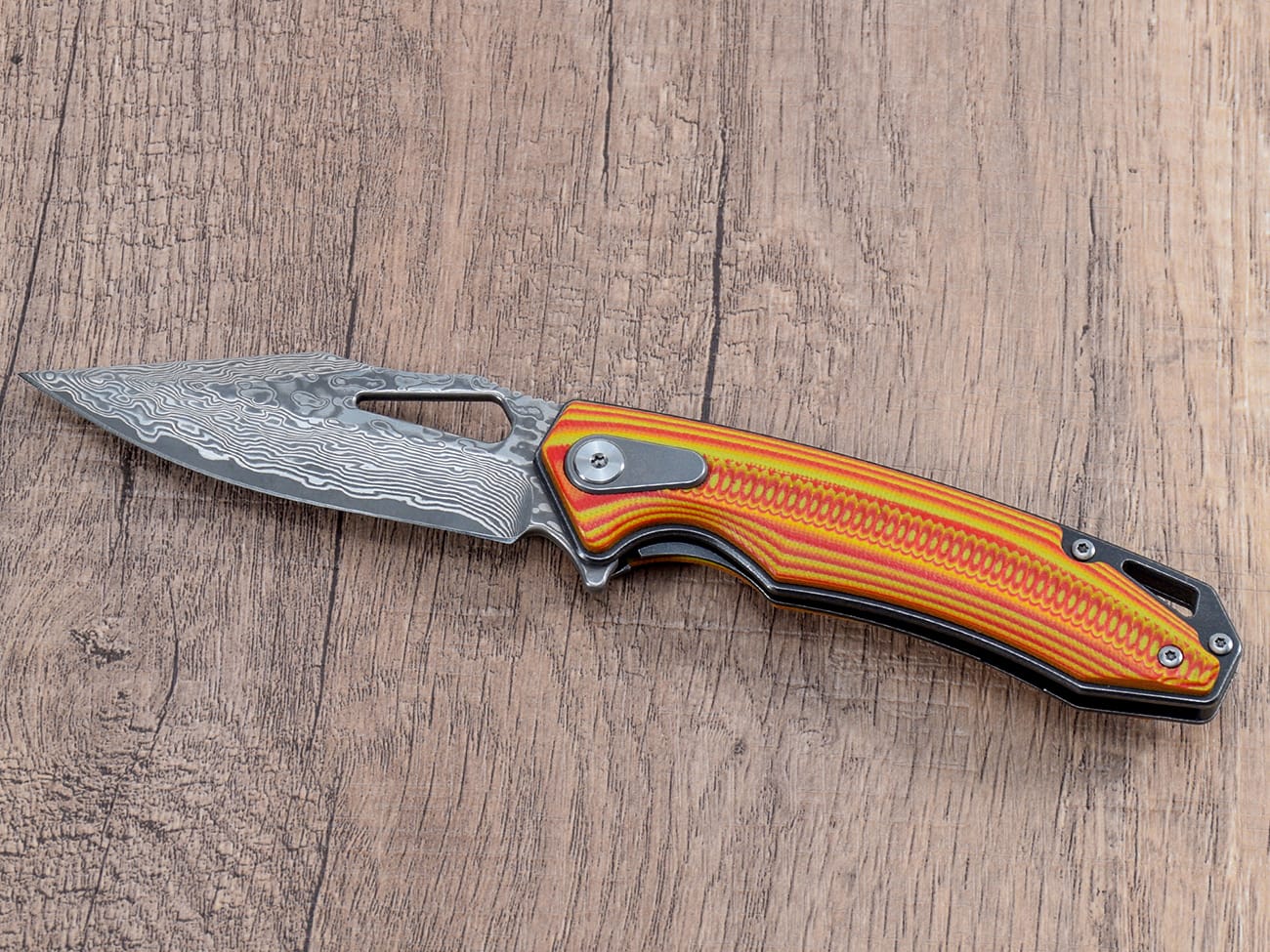Damascus steel knives are renowned for their stunning patterns and exceptional performance. However, to maintain their beauty and functionality, proper cleaning and care are essential. In this comprehensive guide, we’ll explore the intricacies of cleaning damascus steel knives, ensuring your prized blade remains in top condition for years to come.
Why Proper Cleaning of Damascus Steel Knives Matters
Damascus steel knives are not just tools; they’re works of art. The distinctive damascus pattern is a result of folding and forge-welding multiple layers of high carbon steel. This process creates a blade that’s not only visually striking but also incredibly strong and sharp. However, this unique composition also means that damascus steel requires special care to prevent rust and maintain its eye-catching appearance.
Understanding Damascus Steel: The Foundation of Proper Care
Before diving into cleaning techniques, it’s crucial to understand what makes damascus steel unique:
- Composition: Damascus steel is typically made from high carbon steel, which is prone to rust if not properly cared for.
- Pattern: The iconic damascus pattern is created through a complex forging process, resulting in layers of different steel types.
- Etching: The pattern is often enhanced through an etching process, which can be affected by harsh cleaning methods.
Learn more about the fascinating history and properties of damascus steel blades
Essential Supplies for Cleaning Your Damascus Steel Knife
Before you begin the cleaning process, gather these supplies:
- Mild dish soap
- Warm water
- Soft cloth or microfiber towel
- Food-grade mineral oil
- Baking soda (for stubborn stains)
- Fine steel wool (0000 grade, for rust removal)
Step-by-Step Guide to Cleaning Your Damascus Steel Knife
1. How often should I clean my damascus steel knife?
Regular maintenance is key to preserving your damascus steel knife. Clean your knife after each use, especially if it has been exposed to acidic foods or moisture. For deeper cleaning, aim for once a month or as needed based on usage.
2. What’s the best way to remove food residue from the blade?
Start by rinsing the blade under warm running water to remove any loose debris. Then, using a soft cloth or sponge, gently clean the blade with mild dish soap and warm water. Be sure to clean both sides of the blade and the area where the blade meets the handle.
3. How do I dry my damascus steel knife properly?
After washing, it’s crucial to dry your knife thoroughly to prevent rust. Use a clean, soft cloth or microfiber towel to carefully dry the entire blade, paying special attention to the edge and any crevices where water might collect.
4. What should I do if I notice rust on my damascus blade?
If you spot surface rust, don’t panic. Here’s how to address it:
- Mix a paste of baking soda and water.
- Apply the paste to the rusted area using a soft cloth.
- Gently rub in a circular motion.
- For stubborn rust, use 0000 steel wool with extreme caution to avoid damaging the blade’s pattern.
- Rinse thoroughly and dry completely.
5. How can I maintain the damascus pattern on my knife?
To keep the damascus pattern vibrant:
- After cleaning and drying, apply a thin layer of food-grade mineral oil to the blade.
- Use a soft cloth to work the oil into the pattern.
- Wipe off any excess oil.
This process not only enhances the pattern but also provides a protective barrier against moisture.
6. Are there any cleaning products I should avoid?
Absolutely. Steer clear of:
- Harsh chemicals or abrasive cleaners
- Bleach or chlorine-based products
- Dishwashers (the heat and moisture can damage the blade and handle)
These can damage the blade’s etching and potentially alter the damascus pattern.
7. How do I clean the handle of my damascus steel knife?
The cleaning method for the handle depends on its material:
- Wooden handles: Wipe with a damp cloth and dry immediately. Occasionally treat with food-grade mineral oil.
- G10 or synthetic handles: Clean with mild soap and water, then dry thoroughly.
- Metal handles: Use the same method as cleaning the blade.
8. What’s the best way to store my damascus steel knife?
Proper storage is crucial for maintaining your knife:
- Store in a dry place to prevent moisture exposure.
- Use a knife block, magnetic strip, or blade guard for protection.
- If storing long-term, lightly oil the blade and store in a cool, dry place.
Explore our selection of high-quality knife storage solutions
9. How can I prevent my damascus steel knife from rusting?
Prevention is key when it comes to rust:
- Always dry your knife immediately after washing.
- Apply a thin coat of food-grade mineral oil regularly.
- Store in a dry environment.
- Consider using a silica gel packet in your knife storage area to absorb moisture.
10. When should I consider professional cleaning or restoration?
While regular maintenance can be done at home, there are times when professional help is warranted:
- If the knife has extensive rust or pitting
- If the damascus pattern seems to be fading significantly
- If the blade has been damaged or chipped
A professional knife maker or restoration expert can often bring your damascus steel knife back to its former glory.
The Art of Maintaining Your Damascus Steel Knife

A beautifully maintained damascus steel folding knife with a wooden handle and pocket clipCaring for a damascus steel knife is more than just cleaning—it’s an art form that preserves both the blade’s functionality and its aesthetic appeal. By following these guidelines, you’ll ensure that your damascus steel knife remains a cherished tool and a stunning piece of craftsmanship for years to come.Remember, the key to maintaining your damascus steel knife is consistency. Regular cleaning, proper drying, and occasional oiling will go a long way in preserving the blade’s unique pattern and preventing rust. With the right care, your damascus steel knife will not only serve you well in the kitchen or outdoors but will also become a treasured heirloom to pass down through generations.Discover our collection of exquisite damascus steel knives
Key Takeaways for Damascus Steel Knife Care
- Clean your knife after each use with mild soap and warm water
- Dry thoroughly immediately after washing
- Apply food-grade mineral oil regularly to protect the blade
- Avoid harsh chemicals and abrasive materials
- Store in a dry place, preferably with a blade guard or in a knife block
- Address any signs of rust promptly
- Consider professional cleaning for extensive restoration needs
By mastering the art of cleaning and maintaining your damascus steel knife, you’re not just preserving a tool—you’re honoring the centuries-old tradition of damascus steel craftsmanship. With proper care, your knife will continue to be a reliable companion in your culinary adventures and a stunning display piece for years to come.




